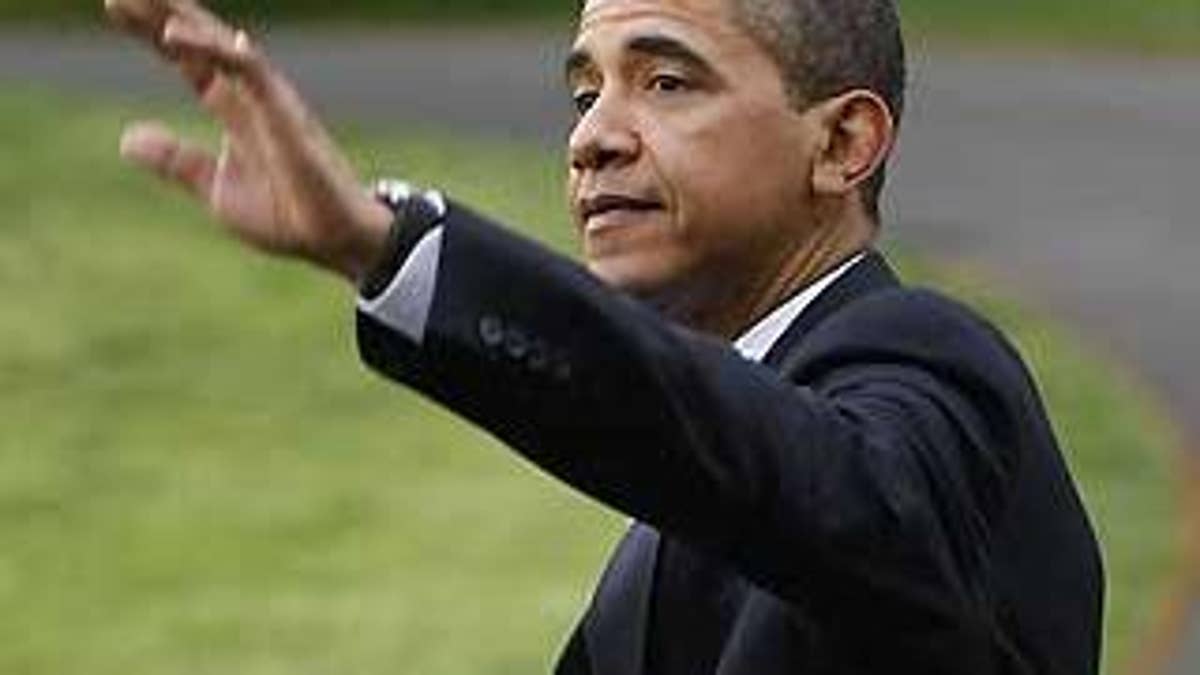
WASHINGTON -- The U.S. now has 91 confirmed cases of the new swine flu in 10 states, Richard Besser, the acting chief of the Centers for Disease Control and Prevention, said Wednesday.
Besser said only five of those cases needed hospitalization, including a Mexican toddler who became the first death recorded in the U.S., in Texas.
The increase is not surprising. For days, CDC officials have said they expected to confirm more cases -- and more severe illnesses -- as they intensively hunt down this new virus.
Until now the government had known of outbreaks in just five states. But the new information shows cases in five more: Massachusetts, Michigan, Arizona, Nevada and Indiana.
On her first full day on the job, new Health and Human Services Secretary Kathleen Sebelius said Wednesday her department is making sure those infected by the swine flu virus are treated.
"All the agencies have been working aggressively to notify the public about the steps people can take to protect themselves and limit the spread of the virus," she said at a briefing one day after she was sworn in to her position after receiving confirmation by the Senate.
Sebelius said the federal government has begun shipping medications to states where cases of the virus have been confirmed.
"I want to make it clear, these drugs are effective in treating patients who have acquired the 2009 H1N1 flu virus," she said, referring to the name officials prefer using to identify swine flu virus to reduce confusion about its origins.
President Obama said Wednesday that parents and children should stay home from work or school if they are feeling sick, and schools should consider closing if the spread of swine flu virus worsens.
The president said parents should create contingency planning if their children's schools report suspected or confirmed cases of the H1N1 virus. Sending a child to daycare is not a solution, he said.
It is the recommendation of public health officials "that schools with confirmed cases ... should consider closing if the situation becomes more serious," the president said.
He added that Americans "should know" the government is doing all that it can to contain the emerging health menace. On Tuesday, Obama requested $1.5 billion in additional funding from Congress to ensure vaccines can be developed, equipment is distributed and planning and preparation is sufficient.
Department of Homeland Security Janet Napolitano is testifying to the Senate Homeland Security and Governmental Affairs Committee on the virus. She will be joined on Capitol Hill Wednesday by acting Centers for Disease Control and Prevention Director Richard Besser and Sebelius.
The Obama administration has stopped calling the H1N1 virus swine flu in an effort to remove aspersions cast on the hog industry, which hasn't yet reported a case of infected pigs. The virus has spread from human to human, which 66 confirmed cases in the U.S. and one death of a 23-month-old in Texas confirmed on Wednesday.
Obama expressed his condolences to the family of the child.
He said he is continuing to get constant updates from the responsible agencies and is offering regular updates to the American people on the steps they should take and the steps the government is taking.
"And I can assure that we will be vigilant in monitoring the progress of this flu and I will make every judgment based on the best science available," he said.
Obama offered his flu update at an event welcoming Sen. Arlen Specter to the Democratic Party. He then linked the ability of scientists to conduct the life-saving work of combating viruses to efforts by Specter to get funding for the National Institutes of Health.
"Arlen Specter is one tough hombre. He has become a champion of public health in this country," he said.
The Associated Press contributed to this report.




